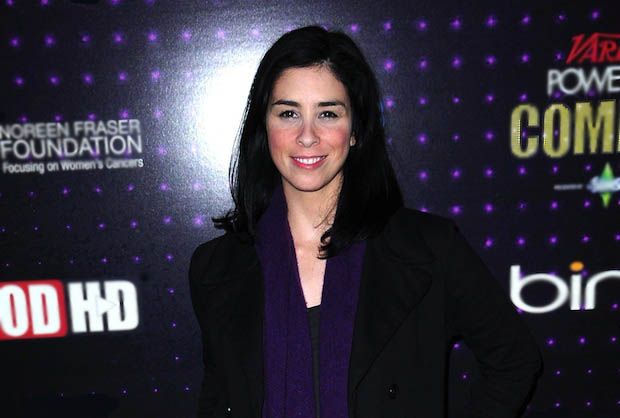Did Using KonMari To Declutter Erase My Memories?
When starting KonMari, the now-famous method to help purge possessions, Ilona worried that losing her possessions would mean losing her memories. One year later, she reflects on what actually happened.







